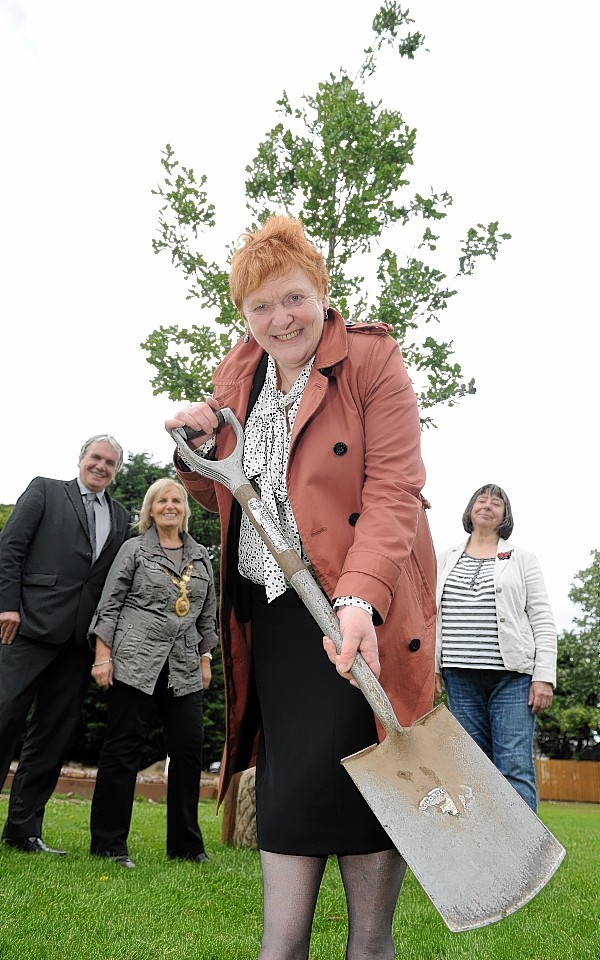The Scottish Government insisted yesterday that Highland Council is given a “fair share” of grant funding to run its services, as the authority ponders how to save around £40million in a single year.
The figure is based on a forecast from the local authorities’ organisation Cosla that the chancellor’s Autumn statement last week will mean a reduction of up to 5% in government income for councils across Scotland.
Council chiefs revealed the scale of their latest financial challenge in a media briefing in Inverness on Monday, warning that no department was shielded from cuts but promising public consultation before setting anything in stone in 2016-17 budget setting in February.
Scottish Finance Secretary John Swinney is expected to confirm the local authorities’ grant funding level in a budget speech on December 16.
A spokeswoman for the Scottish Government has told the Press and Journal that despite “real terms cuts of around 9% to the Scottish budget over the last five years from the UK Government” councils have been treated “very fairly by the Scottish Government and protected from the worst impact of UK cuts.”
She said: “Local government finance settlements have been maintained over 2012-16 with extra money for new responsibilities and, as a result, the total settlement in 2015-16 amounts to over £10.85billion.
“All Scottish local authorities are in receipt of their fair share of the total funding including Highland who received £496million this year.”
The council’s recently elected Liberal Democrat group leader Alasdair Christie, who also runs the Inverness Citizens Advice Bureau, was unimpressed.
“The warning is quite stark in terms of the latest government settlement,” he said. “The administration is going to have to carefully consider the impact, particularly on children, vulnerable adults, older people and roads maintenance.
“It won’t be easy to establish budget proposals that don’t seriously damage communities and the whole infrastructure of the Highlands.
“You have to look at this holistically. A cut in transport subsidies, for example, will impact people’s social inclusivity. Any proposal for cuts must be measured against the impact and the unintended consequences of shifting the burden elsewhere.”
The early indications of a Highland poll, meanwhile, contradicted council leader Margaret Davidson’s assertion, based on her soundings, that people are prepared to pay more council tax to protect services.
Early voting in an online survey launched yesterday (TUES) suggested 69% do not want to pay more.
Only 24% said they would willingly pay 10% more to protect services, which equates to about £10 a month more on a Band D rate. The survey had a quick response but was temporarily taken off line due to a “glitch.”
Ends
